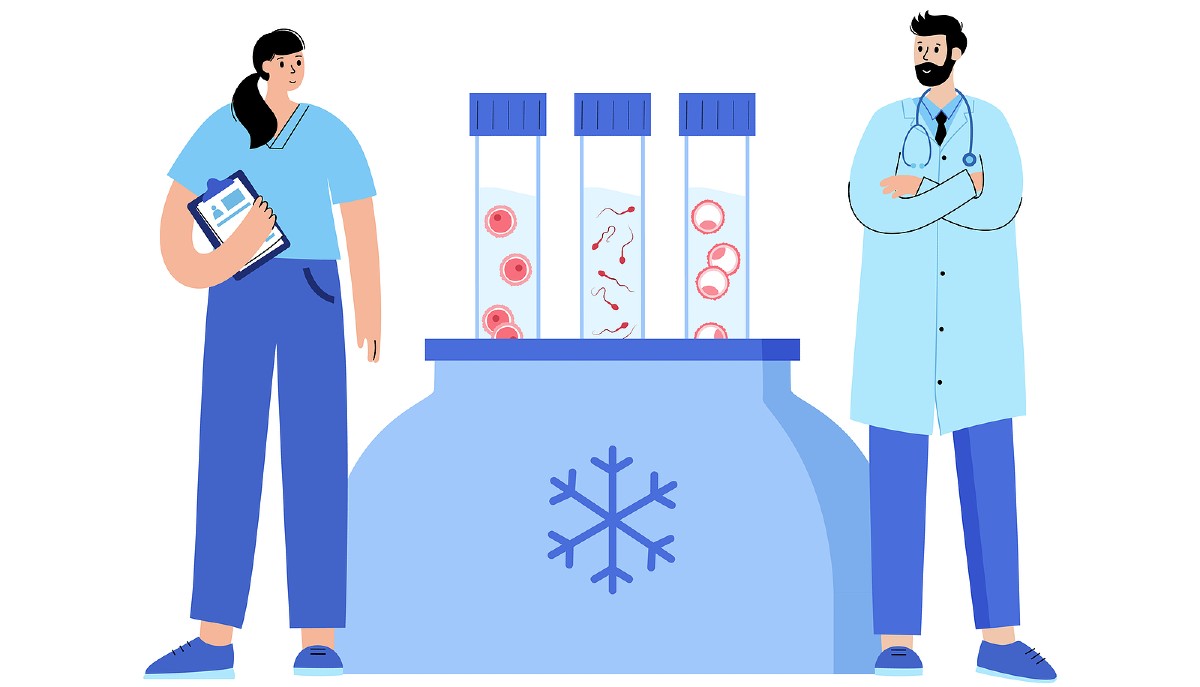
Confronting the frozen embryo dilemma
After 25 years, it’s still hard to let go
Sometimes one gets more insight into the ethical stakes of assisted reproduction through stories rather than through argument. In Today, an NBC News show, Erica Levens, one of its associate directors, discusses her painful history of infertility, her IVF cycles, and her surplus embryos. After having two sons, she still had 14 frozen embryos in an IVF clinic in Long Island. One day, when her sons were in their early 20s, she received a letter from the clinic. Her embryos were already 25 years old. Her options were to use them, donate them, destroy them, or pay storage fees.
Obviously I’m not going to use them, but emotionally it is still difficult to let go. I’ve thought about taking the embryos home and giving them a burial of some sorts. I can donate them to the lab for research or I could donate them somewhere else. I’m waiting to hear from several stem cell research facilities. But I just feel paralyzed. I can’t believe how difficult it is to come to a decision. What if I just do nothing again?
When I think about those embryos now, I’m surprised at how emotional I am. And I just cannot stop thinking about them. Maybe it’s because I’m so proud of who my boys have turned out to be. Maybe I’m just now taking a breath and realizing how traumatic it all was.
Whatever I do, they’re gone. And I guess I have to make that final decision. It brings up a lot of sadness, though.
There may be millions of surplus frozen embryos in the United States. Ms Levens’s dilemma suggests that deciding what to do with them will not be solved easily.
Michael Cook is editor of BioEdge
Creative commons
https://www.bioedge.org/images/2008images/Woman-And-Man-Egg-Cell-Cryopre-375164068.jpg
ivf
- How long can you put off seeing the doctor because of lockdowns? - December 3, 2021
- House of Lords debates assisted suicide—again - October 28, 2021
- Spanish government tries to restrict conscientious objection - October 28, 2021
